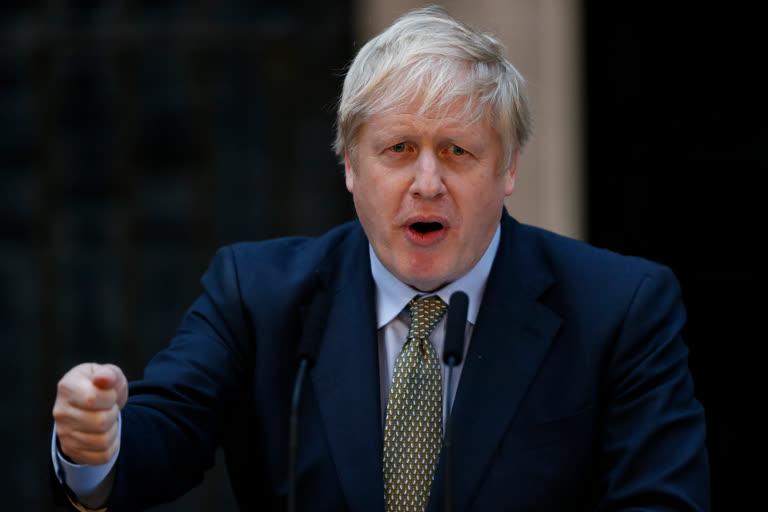London: UK Prime Minister Boris Johnson will on Saturday travel to north England, a region which contributed towards his ruling Conservative Party's biggest election win in 30 years by sweeping aside Labour from its traditional heartlands.
In the December 12 election, Johnson gained a Commons majority of 80, his party's largest since 1987, and in contrast, the opposition Labour suffered its worst election result since the 1930s.
Speaking outside No 10 on Friday, the Prime Minister thanked lifelong Labour supporters who deserted his main rival Jeremy Corbyn's party and turned to the ruling Conservatives, saying he would fulfill his pledge to take the UK out of the European Union on January 31, 2020.
Read more: Conservatives sweep UK polls
He also vowed to reintroduce his Withdrawal Agreement Bill (WAB) to Parliament before Christmas, which could happen by the end of next week.
It would see MPs begin the process of considering legislation that would pave the way for the UK to leave the EU on January 31.
Johnson was expected to announce a minor re-shuffle possibly as early as December 16.
MPs will then return to Westminster on December 17 and begin the process of swearing-in, before the Queen formally opens Parliament on December 19 with "reduced ceremonial elements".
In the election, the Conservatives won a total of 365 seats, while Labour finished on 203, the Scottish National Party 48, Liberal Democrats 11 and the Democratic Unionist Party eight.
The Brexit Party which triumphed in the summer's European Parliament elections failed to win any Westminster seats.
The Conservatives swept aside Labour in its traditional heartlands in the Midlands and the north of England and picked up seats across Wales while holding off the Liberal Democrats' challenge in many seats in the south of England.
Voter turnout overall, on a cold and damp polling day, was 67.3 percent, which was down by 1.5 percent on the 2017 total.



